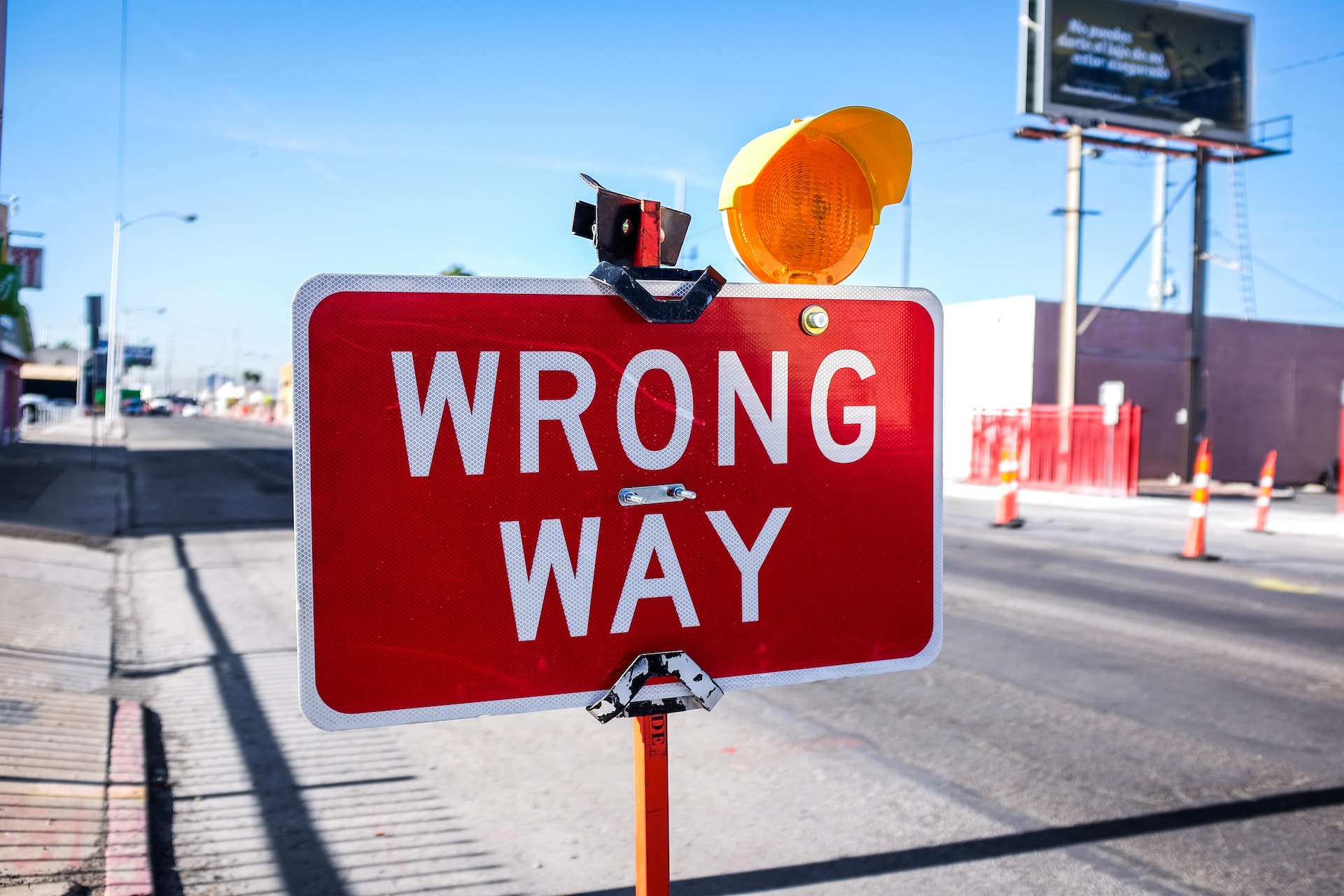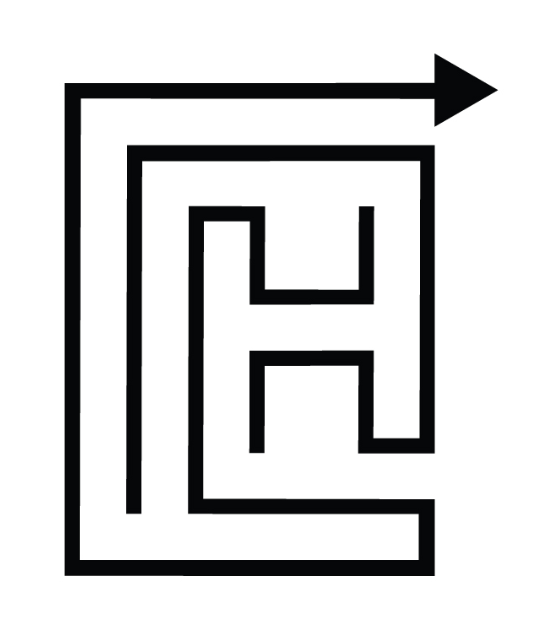
Dealing with colonial traces and sensible objects within museum collections is an important topic that currently concerns many museums, especially ethnographic or historic museums. From today’s point of view, many objects were forcibly stolen from their communities of origin during colonalization and also during wars like WWII and were then added to scientific or art-collections, entered the art market and were therewith spread around the world. One example of those events is the looting of objects by British forces from the Kingdom of Benin (which is now Edo State, Nigeria) in February 1897, which were distributed immediately afterwards. Provenance research is bringing the dark histories and problematic travel paths of these objects to light bit by bit.
However, not only is it important to think about how to deal with the physical objects, which rightfully belong to the communities of origin and should be restituted to them. But one also needs to think about ethical implications of dealing with cultural data resulting from the digitization of these objects that are distributed in online collections and other data repositories by the institutions that hold the items in their collection. Even though digital distribution would potentially make objects more accessible and therefore findable from their communities of origin, Anne Luther describes for the example of looted objects from Benin kingdom that the “[…] access remains difficult for several reasons: first, the objects were part of general catalogues, requiring prior knowledge of object locations, and additionally, such catalogues are in different languages, many different search queries could be required to get a full list and museums often do not publish object information online“ (Luther, 2022). And even if the communities of origin can find the current location of their physical cultural objects, it results in a situation where they neither have access to the objects nor are able to regulate who is able to see or handle the artifacts. On top, the communities have not even control over the digital data about these objects or the modalities of access to knowledge and information related to them – especially if the data was already published as open data or in public domain by the institutions that have the object in their collection. Following standards of open or FAIR data(GO FAIR, 2023) accessibility and reusability of digital cultural objects is desired and politically wanted. Within a community of origin there could be much stricter viewing restrictions for example for a religious object, so that this object could only be seen or handled by religious personnel. Thus how to deal with this challenge of cultural differences in an ethical way?
Florian Wiencek
Reading/listening Time: 15 minutes
Language: English
Year of publication: 2023
GO FAIR. (2023). FAIR Principles. https://www.go-fair.org/fair-principles/
Creative Commons. https://creativecommons.org/2019/01/30/jane-anderson/
Khan, M. (2018). Traditional Knowledge and the Commons: The Open Movement, Listening, and Learning. https://creativecommons.org/2018/09/18/traditional-knowledge-and-the-commons-the-open-movement-listening-and-learning/
Luther, A. (2022). Digital Benin Documentation – Introduction. https://digitalbenin.org/documentation/introduction
Be the first to know about new resources.

This programme has been funded with support from the European Commission. The author is solely responsible for this publication (communication) and the Commission accepts no responsibility for any use that may be made of the information contained therein 2021-1-IT02-KA220-HED-000032050
